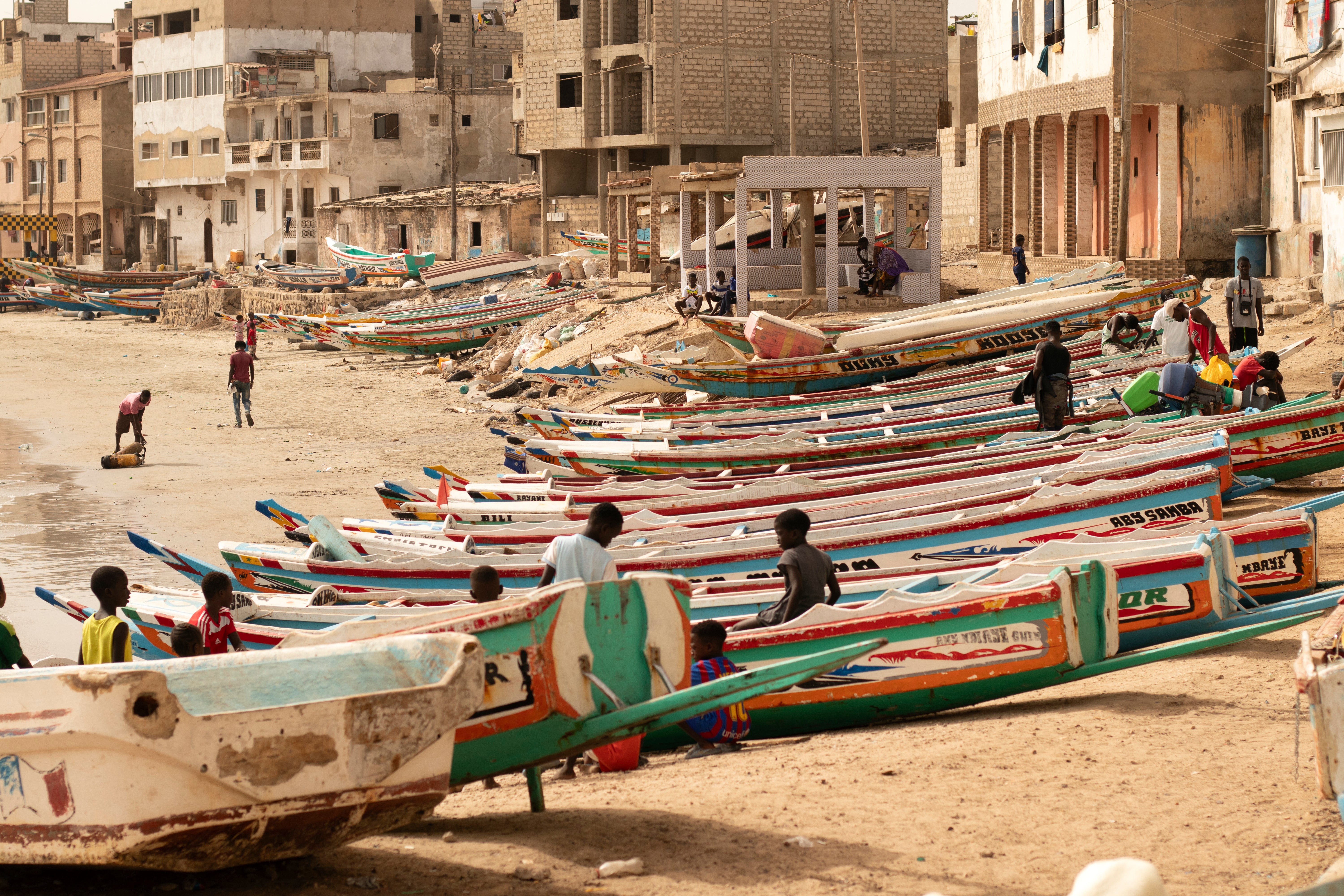More than 60 Senegalese migrants are dead or missing after month-long voyage for Spain
An estimated 56 people are missing at sea and presumed dead

Your support helps us to tell the story
From reproductive rights to climate change to Big Tech, The Independent is on the ground when the story is developing. Whether it's investigating the financials of Elon Musk's pro-Trump PAC or producing our latest documentary, 'The A Word', which shines a light on the American women fighting for reproductive rights, we know how important it is to parse out the facts from the messaging.
At such a critical moment in US history, we need reporters on the ground. Your donation allows us to keep sending journalists to speak to both sides of the story.
The Independent is trusted by Americans across the entire political spectrum. And unlike many other quality news outlets, we choose not to lock Americans out of our reporting and analysis with paywalls. We believe quality journalism should be available to everyone, paid for by those who can afford it.
Your support makes all the difference.More than 60 migrants are feared dead after a Spanish fishing vessel off the Atlantic island of Cape Verde rescued a boat that started with more than 100 aboard, authorities and migrant advocates said Thursday.
Seven dead bodies were found on the boat, while an estimated 56 people are missing at sea and presumed dead, said International Organization for Migration spokesperson Safa Msehli. According to Senegal’s foreign affairs ministry, 38 survivors were rescued earlier in the week near Cape Verde, about 620 kilometres (385 miles) off the coast of West Africa.
The Spanish migration advocacy group Walking Borders said the vessel was a large fishing boat, called a pirogue, which had left Senegal on 10 July.
Families in Fass Boye, a seaside town 145 kilometres (90 miles) north of the capital Dakar, had reached out to Walking Borders on 20 July after 10 days without hearing from loved ones on the boat, group founder Helena Maleno Garzón said.
Cheikh Awa Boye, president of the local fishermen’s association, said he has two nephews among the missing. “They wanted to go to Spain,” Boye said.
Cape Verde’s National Police said a Spanish fishing vessel came across the fishing boat on Monday morning about 150 miles north of the archipelago’s Sal island.
The Spanish vessel was unable to tow the fishing boat and took the survivors on board, according to a Cape Verde police statement on Facebook.
The route from West Africa to Spain is one of the world’s most dangerous, yet the number of migrants leaving from Senegal on rickety wooden boats has surged over the past year. The boats try to reach Spain’s Canary Islands, an archipelago off the northwest coast of Africa that has been used as a stepping stone to continental Europe
Nearly 1,000 migrants died while trying to reach Spain by sea in the first six months of 2023, Walking Borders says. Worsening youth unemployment, political unrest, violence by armed groups, and climate change push migrants across West Africa to risk their lives on overcrowded boats.
Nearly 10,000 people have reached Spain’s Canary Islands by sear from the northwest coast of Africa so far this year according to Spain’s Interior Ministry figures.
On 7 August, the Moroccan navy recovered the bodies of five Senegalese migrants and rescued 189 others after their boat capsized off the coast of Western Sahara.
In 2021, an AP investigation found at least seven migrant boats from northwest Africa got lost in the Atlantic and were found drifting across the Caribbean and even in Brazil, carrying only lifeless bodies.
Associated Press writers Babacar Dione and Barry Hatton contributed to this report